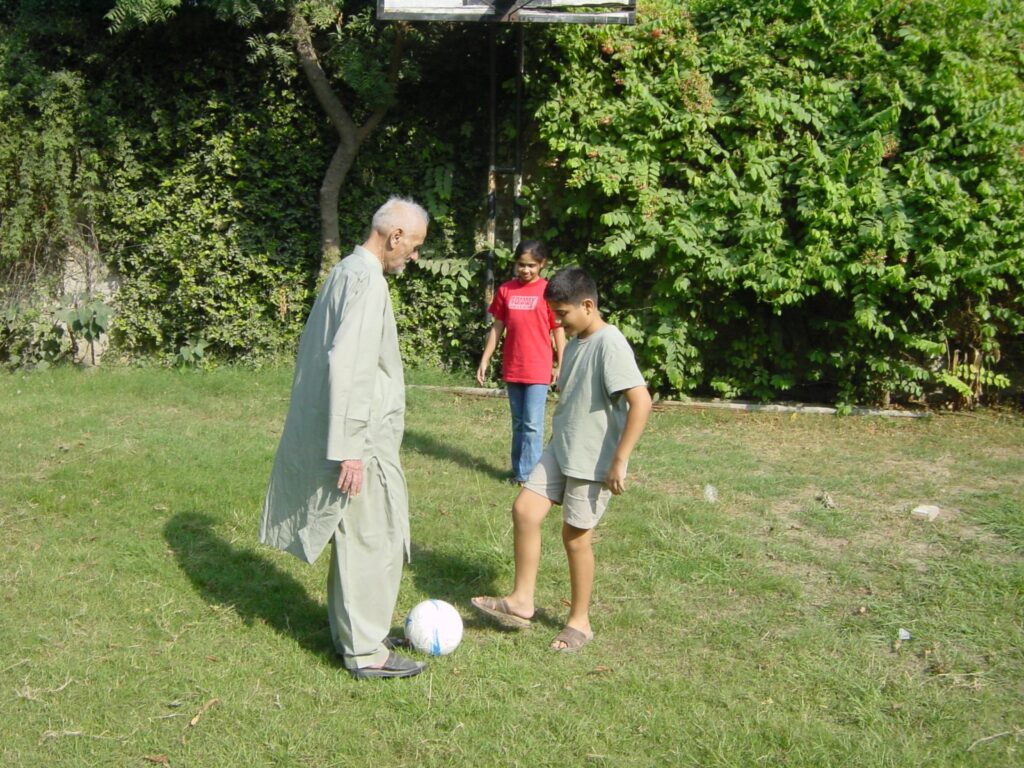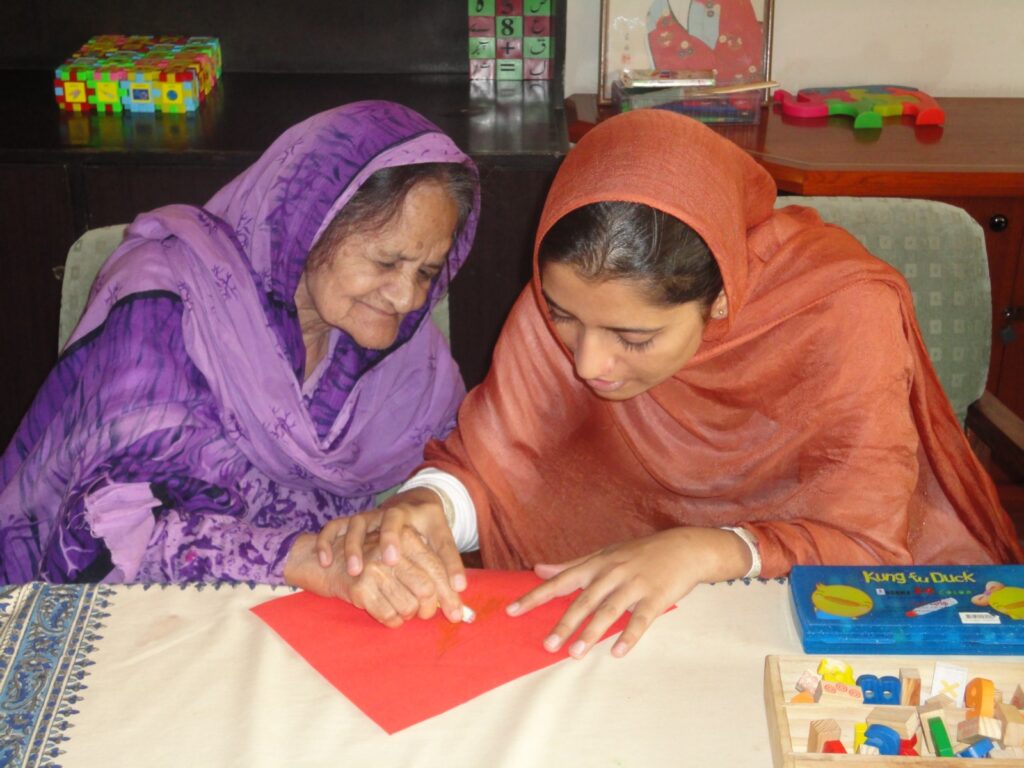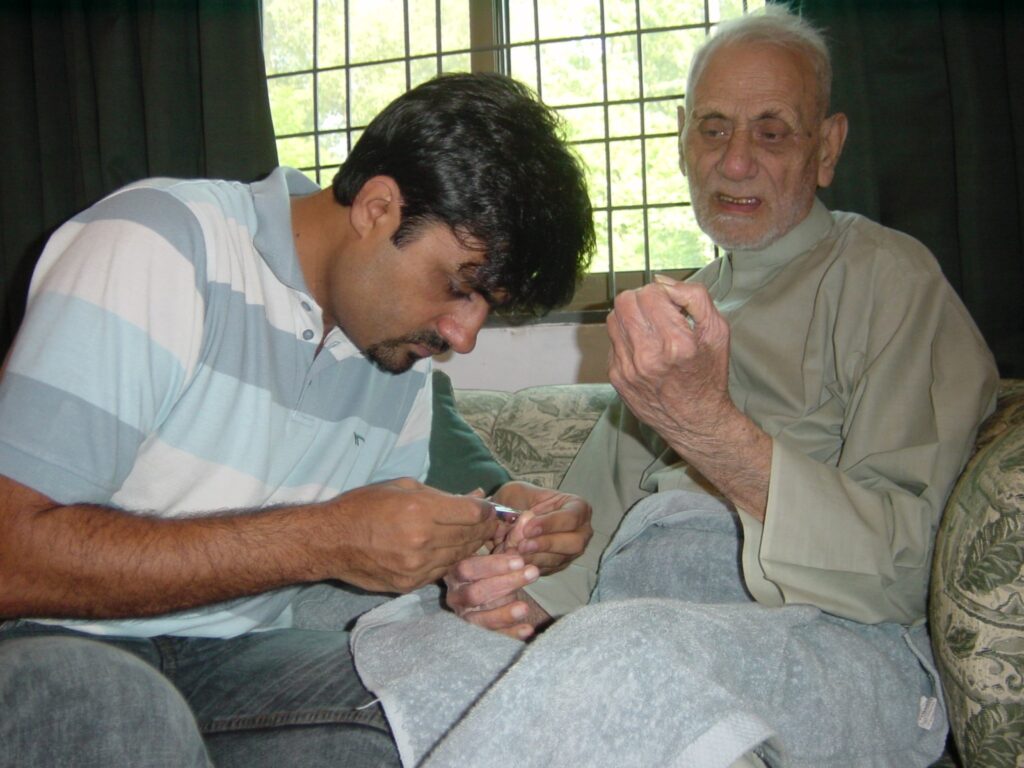


In the past we tended to presume that the person with dementia lost their individuality and personality during the course of their illness.
As physical damage occurred to the brain, their value as a person was assumed to diminish. People with dementia were sometimes not treated as individuals in their own right.
An approach to dementia care that recognises the personal history, character and individuality of the person with dementia has been shown to have a positive impact on the progress of the condition.
People with dementia don’t stop being people once they develop the condition.
Each of us is an individual with a life history, abilities, likes and dislikes. When a person develops dementia, it becomes particularly important to respect them as a person and support their sense of identity.
- Focus on the person’s strengths and abilities. Suggest activities that they can still manage and enjoy.
- Dementia affects thinking and reasoning, but emotions and feelings are often unaffected. The person with dementia may feel sad or upset at times. It is important to acknowledge and respond to these feelings.
- Be aware that the person with dementia may not communicate verbally. They may show how they feel in the way they move their body, for example, or in their facial expressions.
- The person with dementia is an adult. Do not treat them as if they were a child.
- As a general rule, try to put yourself in the place of the person with dementia. How would you like to be treated?
